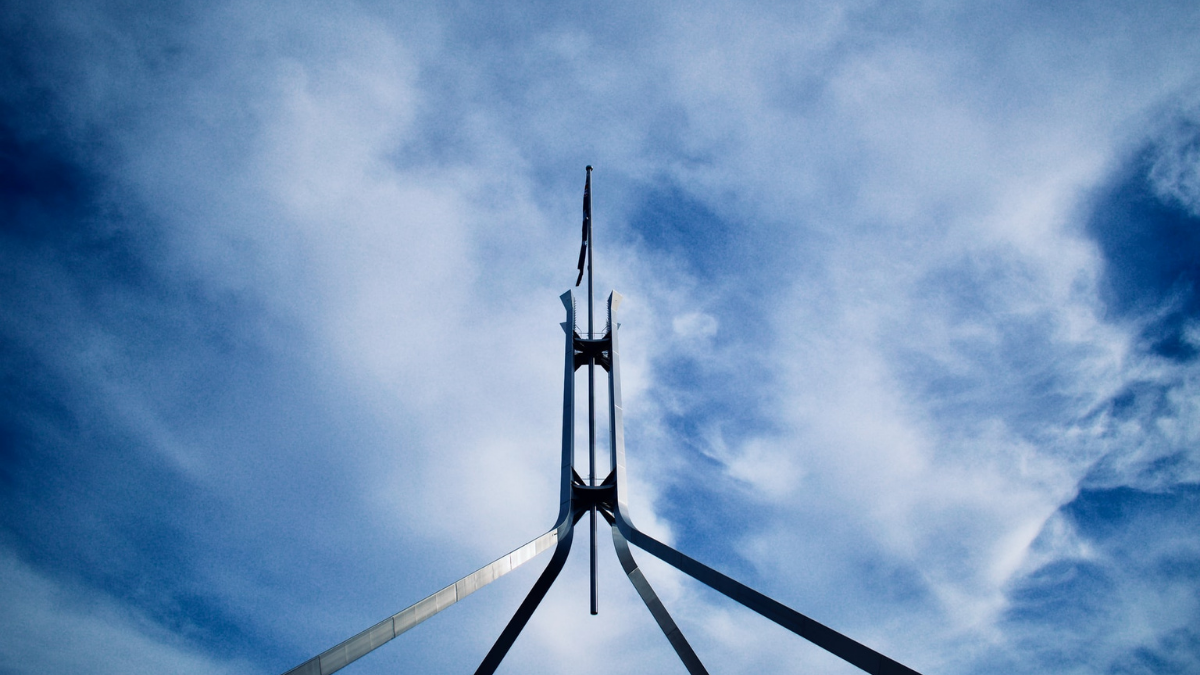The Australian government has announced an $800 million Digital Business Package to update Australia’s digital infrastructure. The bulk of the funding will be put towards an updated digital ID system and business register modernisation.
Ahead of next week’s delayed federal budget, Morrison said businesses had undergone “a decade of change in months”, and will continue to rely on digital technology to operate through the remainder of the pandemic.
“We need our businesses to be online, we need them to be digital businesses,” Prime Minister Scott Morrison said on Tuesday.
“In recent months we have seen through COVID a rapid acceleration produced by necessity of businesses really engaging and upgrading their digital capability. What we’re announcing today, will build on that. It will strengthen it and it will accelerate it.”
Central to the package is $256.6 million of funding to be put towards the governments Govpass digital identity system – more than doubling the government’s investment in the system over the past five years.
1.16 million businesses are currently using the new opt-in service, which allows users to verify their identity once before gaining access to over 70 government services. The streamlined approach was created so businesses did not have to be continually verified by each government agency.
The investment will also likely fund anti-spoofing facial recognition software that will ensure myGovID can be used by ordinary Australians to access confidental services that regularly require higher identify recognition software.
The Commonwealth has also said that all government agencies will adopt eInvoicing by 1 July 2022 to allow small businesses transacting with the government to be paid quicker. Further, it has proposed to pay eInvoices within five days.
Related: “Government announces ‘most significant reforms’ to insolvency laws for small businesses”
CEO of MYOB Greg Ellis has commented on the business package, calling on the government to mandate eInvoicing by industry, to make the process simpler for SMEs.
“While the mandating of eInvoicing for Commonwealth agencies is an important first step, it is in the interests of Australia’s 2.4 million small business community for this to go further and we welcome the consultation Government will invest in with business on the mandating of eInvoicing more broadly,” he says.
“Our data tells us 44% of SMEs cite cashflow as the cause of extreme or significant pressure, which the universal adoption of eInvoicing can assist.”
However, Treasurer Josh Frydenberg says the vast majority of SMEs are still using manual invoicing, which may slow the process of universal eInvoicing adoption.
“90% of small and medium businesses today still use paper-based invoices, and if you take the Commonwealth together with the states, governments are responsible for around 10% of all business invoices,” Treasurer Josh Frydenberg said.
“It is hoped that the Commonwealth by taking the lead in eInvoicing will lead to states … to follow in the Commonwealth’s lead in this respect.”
The package also outlines plans to implement a modern business register program, being valued at $420 million. This will allow businesses to view, update and maintain their business register in one location.
$29 million has also been allocation toward accerlerating the rollout of 5G, which will entail the running of trials in sectors such as mining, logistics, agriculture and manufacturing.
The government has said the remainder of the package will be allocated to helping businesses adapt to new technology. This will include $22 million for expanding the small business advisory program, $9.6 million to promote Australian fintechs overseas to attract external investment, and $2.5 million dedicated to training SMEs in digital skills.
“We should see all see digital transformation as an opportunity, not as a threat … we want new businesses in Australia to be born digital,” Frydenberg said.
The AU$800 million package will be included in next week’s federal budget, which Morrison said would be the “most important budget since the Second World War”.
“The budget will confirm the strong plan we have for recovery for economic recovery from the COVID-19 recession and to build our economy for the future, to continue to cushion the blow to continue to recover what has been lost … that’s what this budget is about,” he said.
Shadow Assistant Minister for Treasury Andrew Leigh agreed that while technology is “incredibly important”, he warned about the need to consider the flow-on effects.
“There’s going to be some level of job displacement that comes from technologies such as automated checkout within retail or greater use of robots within factories. So that’ll have impacts on the labour market, and I don’t see from the government a sense that they’ve really thought this through for the long term,” he said.
More information to come when the federal budget is announced on Tuesday.
Keep up to date with our stories on LinkedIn, Twitter, Facebook and Instagram.

